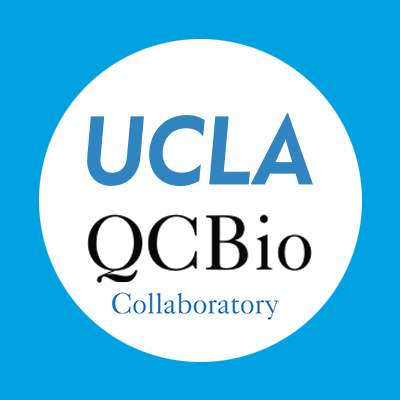3 workshops found.

W26: Protein Structure with AlphaFold
The goal of the workshop is to enable the participants to submit and rationally evaluate results of the AlphaFold protein structure predictions. The class will cover the basic principles of ...
Find out more »
W27: Systems biology of metabolism – workflows and resources for multi-omics data integration
The application of omics (i.e., metabolomics, proteomics, transcriptomics, genomics) has become greatly popular in the life sciences. These technologies unlock the investigation of metabolism across thousands of genes, proteins, and ...
Find out more »
W25: Population Genetics Modeling
In order to make inferences based on genomic data, it is useful to understand the evolutionary forces that underlie observed genetic variation. The field of population genetics offers theoretical tools ...
Find out more »